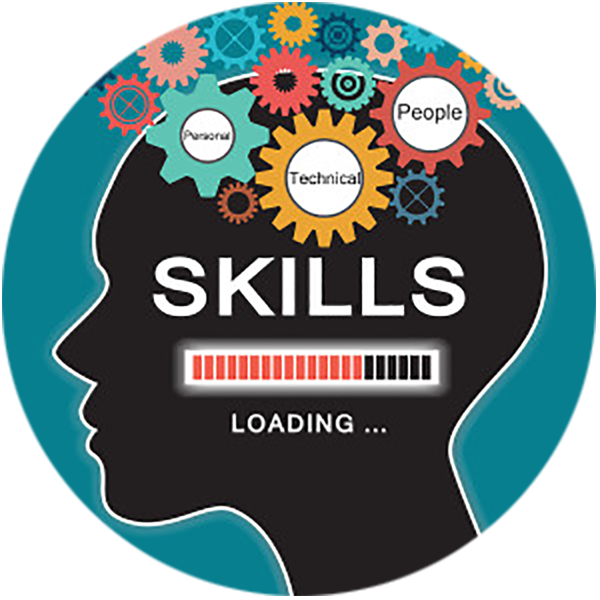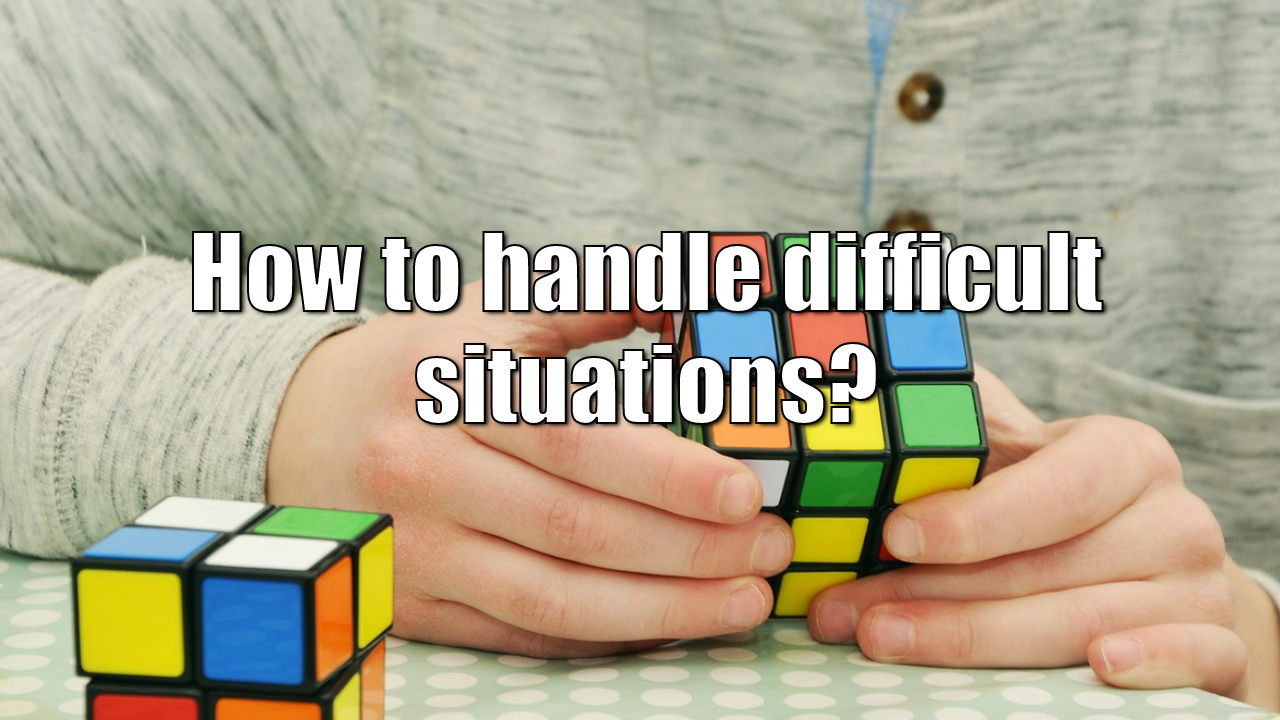How can I improve my communication skills?
Effective communication is a critical skill in both personal and professional settings. It can help you build strong relationships, resolve conflicts, and achieve your goals. In this blog, we will explore some practical tips for improving your communication skills.
-
Listen actively: Effective communication starts with active listening. Pay attention to what the other person is saying, ask clarifying questions, and avoid interrupting or jumping to conclusions.
-
Be clear and concise: When communicating your own ideas or opinions, be clear and concise. Use simple language, avoid jargon, and focus on the key points you want to convey.
-
Use body language: Nonverbal communication can be just as important as verbal communication. Use body language, such as eye contact, posture, and facial expressions, to convey your message and show that you are engaged in the conversation.
-
Practice empathy: Empathy involves understanding and acknowledging the other person's perspective, feelings, and needs. Try to put yourself in the other person's shoes and show that you understand their point of view.
-
Avoid distractions: In today's digital age, it's easy to get distracted during conversations. Put away your phone, close your laptop, and focus on the conversation at hand.
-
Be open to feedback: Communication is a two-way street, and it's important to be open to feedback from others. Listen to constructive criticism and use it to improve your communication skills.
-
Seek opportunities to practice: Practice makes perfect, and the more you practice your communication skills, the more confident and effective you will become. Look for opportunities to practice, such as public speaking, networking events, or even everyday conversations with friends and family.
-
Learn to adapt: Effective communication requires adapting to different situations and audiences. Learn to adjust your communication style and approach based on the situation, the audience, and the goals you want to achieve.
-
Build rapport: Building rapport involves establishing a connection with the other person, showing that you value their opinions and feelings, and building trust. Take the time to get to know the other person and find common ground.
-
Continuously learn and grow: Finally, remember that communication skills are not static. Continuously seek out opportunities to learn and grow, such as reading books, taking courses, or seeking feedback from others.
In conclusion, improving your communication skills is an ongoing process that requires practice, patience, and a willingness to learn and grow. By following these tips and focusing on active listening, clarity, empathy, and adaptability, you can become a more effective communicator and build stronger relationships with those around you.






























